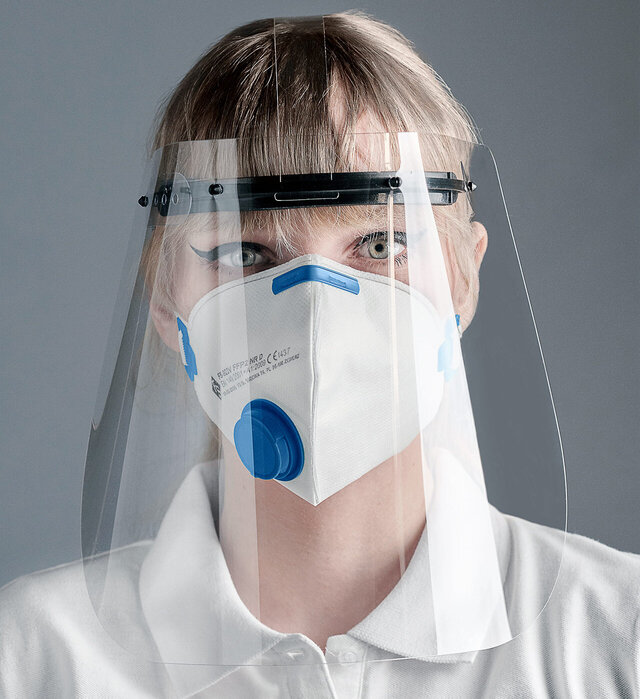Innovative response
California, US, have this week enabled residents to obtain marriage licenses remotely due to the COVID-19 pandemic, as a result of an exectuive order signed by their Governer, Gavin Newsom.
This executive order will allow couples to obtain a marriage license from their county clerk via video conference provided that both members of the couple are state residents and that they can both present a valid form of identification on the video call. The clerk will then email the licenses to the couple.
Additionally, adults who wish to be married can conduct a ceremony to solemnize the marriage via videoconference, as long as both parties are present, and have at least one witness who can join the live video conference.
The state will also recognize marriages performed over video call as long as both members of the couple are present and there is at least one witness to the live ceremony.
The executive order will remain in effect for 60 days.
Specific issues addressed and anticipated impact
Marriage ceremonies have been put on hold, but allowing people to obtain marriage licenses remotely allows them a connection to a social ceremony that can be a great boost in quarantine. Not to mention, this will alleviate a backlog of bureaucracy that may build up for governments unable to deliver various 'in-person' services.
Organisations/institutions involved
California State Governor's Office
- Regional/State government
Issues being addressed:
- Public service delivery under new circumstances
Response tags:
Adaptive ActionDate Submitted:
5 May 2020

